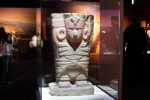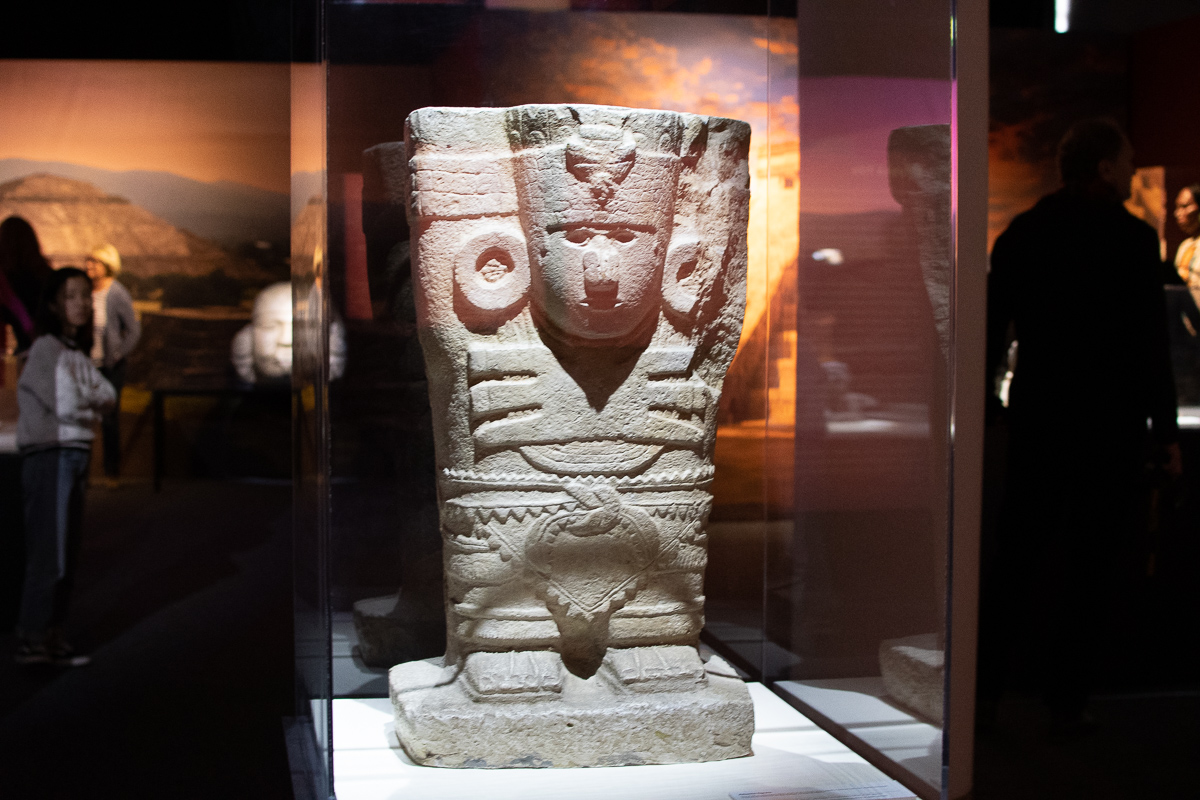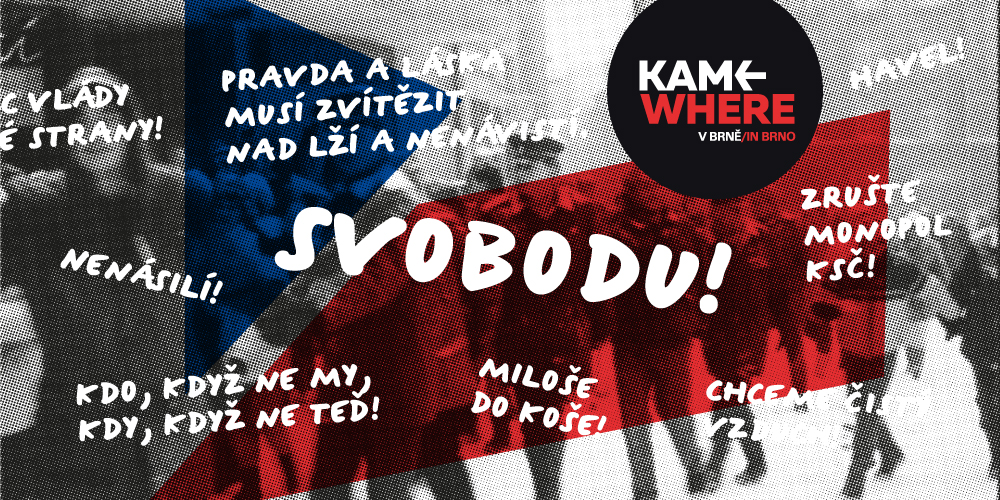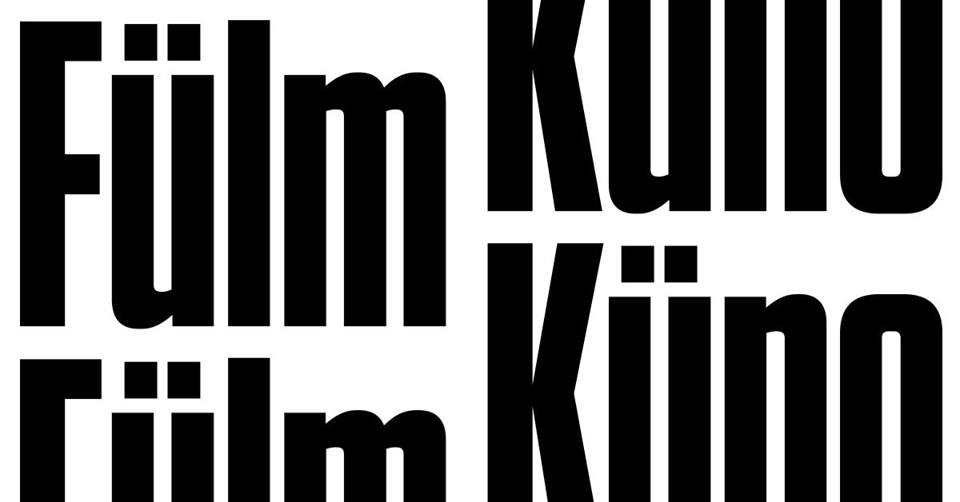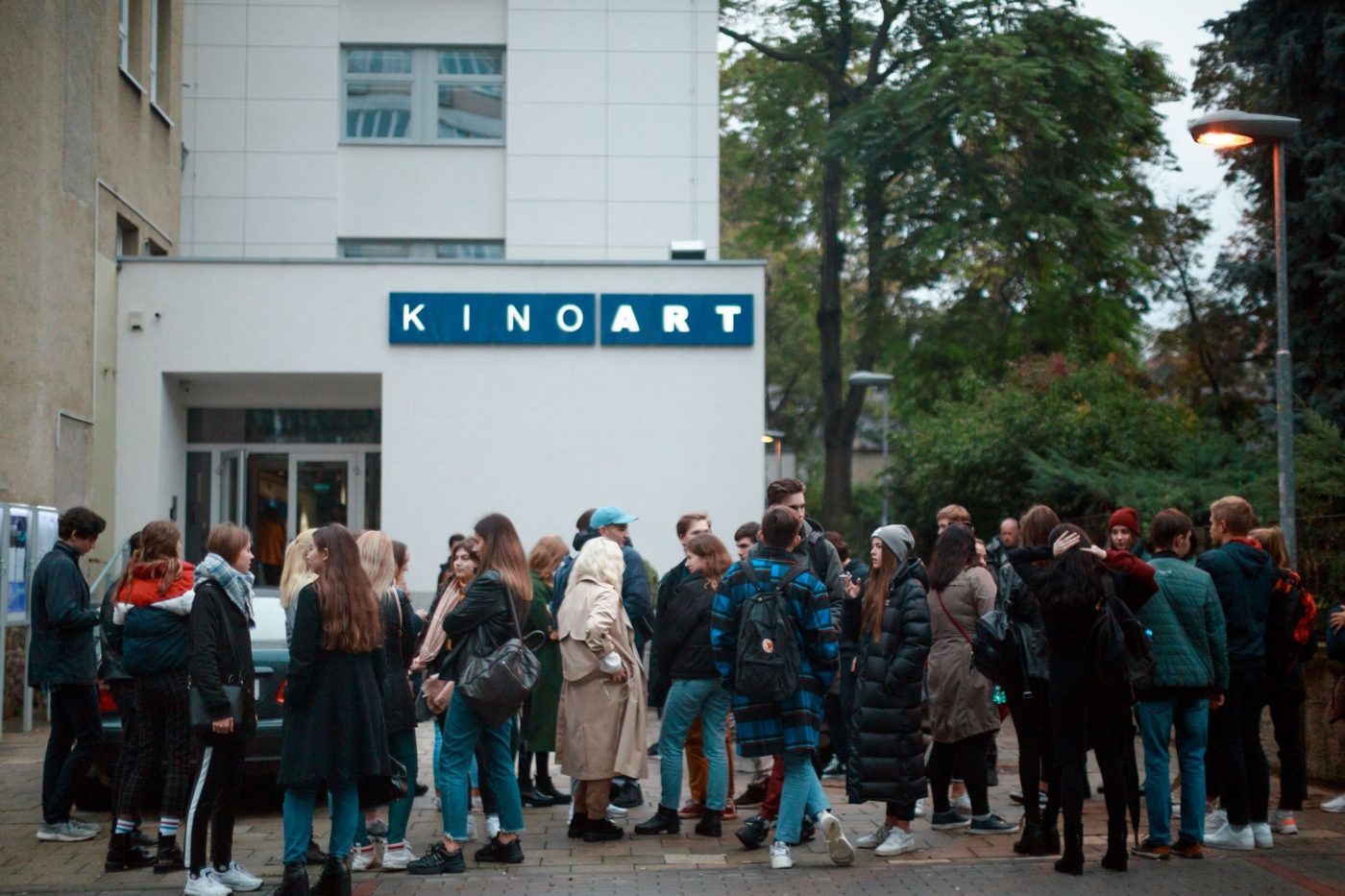Every year, Czech Sokols commemorate 8 October as the anniversary of the most tragic event in the organization’s history. Photo: Sokol sports team, around 1920. // Credit: Sokol Brno I, archive.
Brno, Oct 8 (BD) – The Sokol movement (Czech for ‘falcon’) is an all-age gymnastics organization founded in Prague in 1862 by Miroslav Tyrš and Jindřich Fügner. Though officially a sports organization “above politics”, Sokol played an important role in the development of Czech patriotism, and was banned by the Nazi and communist regimes in the Czech lands.
On the night of 7th October 1941, the “Sokol Action” was launched on the direct orders of Reinhard Heydrich, Acting Reich Protector of Bohemia and Moravia, with the aim of arresting and subsequently deporting Sokol representatives to concentration camps, to paralyze the organization’s resistance activity. About 900 Sokol members were arrested, the organization was dissolved, and its property was confiscated in the following days.
“According to the later testimony of Constantine von Neurath in the Nuremberg trial, Sokol was the most dangerous organization, that the Nazis logically had to eliminate. The Nazi intervention against Sokol almost meant liquidation,” said Michal Doležel, deputy president of Sokol Brno.
Photo: Sokol by C.V. Muttich. // Image credit: Sokol, archive.
During the Second World War, Sokol was among the most prominent sources of resistance. Over 3,000 Sokol members were executed during the Nazi totalitarian regime and another 8,000 were imprisoned. “As Sokol was an integral part of Czech society, the attack by the Nazis was not only an attack on Sokol as such but on the very essence of Czech statehood and the principles of interwar democracy,” Doležel explained.
In this jubilee year, Civic Democratic Party deputies in parliament proposed the inclusion of Sokol Memorial Day as an “Important Day” of the Czech Republic, which is regulated by Act No. 245/2000 Coll. “Including the Memorial Day of ‘Sokolhood’ among the Important Days of the Czech Republic would be a symbolic appreciation of the merit of Sokol members for the democratic state,” said Doležel.
Among the “Important Days” (Czech “významné dny”) in the Czech calendar are Mothers’ Day, Epiphany, International Holocaust Remembrance Day and many others.
Get the news first! Subscribe to our daily newsletter here. Top stories of the day in your mailbox every morning.
